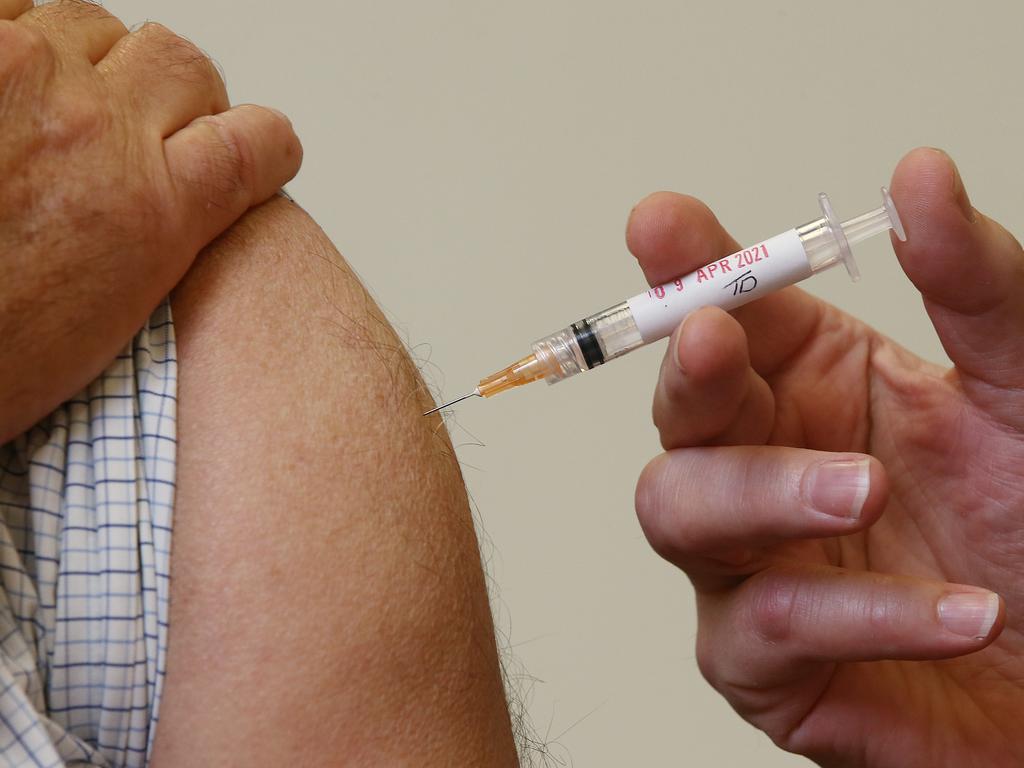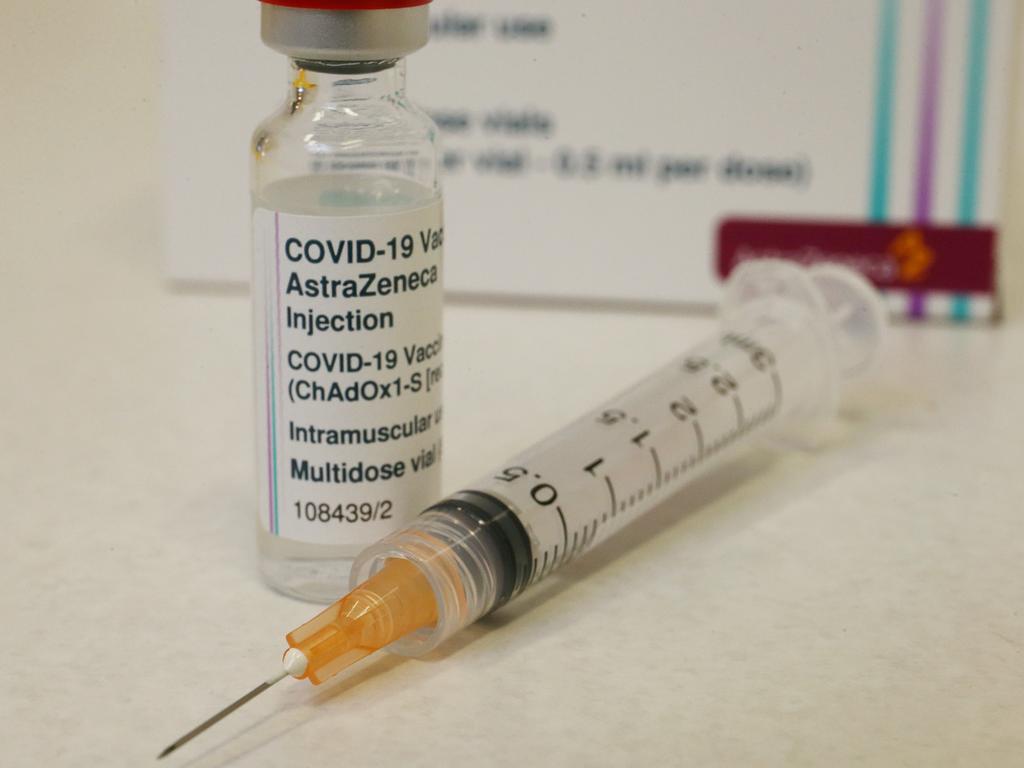COVID-19 vaccine might be needed each year, expert says
One of Australia’s top COVID experts has bad news for anyone who thinks getting vaccinated against the virus will be a two-shot-and-done deal.
One of Australia’s leading experts on COVID-19 has warned the virus might not be gone with vaccination this year, and we might need to keep being vaccinated regularly in the future.
Jane Halton from the National COVID-19 Commission, which advises the federal government on the pandemic, spoke to the ABC about challenges facing Australia’s vaccine rollout.
She said production of vaccines needed to reach the point where there was capacity for them to be administered annually, as COVID-19 may be sticking around for a while.
“This virus will continue to change, vaccines will need to continue to evolve to keep up with this virus,” she said.
“And my very strong suspicion, and this is what all the scientists are telling us, is we will probably move in a situation where we’ll have to be vaccinated probably every year, much like we do with flu.”

The Department of Health said it was not yet known if COVID-19 booster shots would be needed after the initial vaccine rollout, simply because it was not known how long the vaccines offered protection.
“Clinical trials are currently happening to find out if we will need booster doses on an annual or longer basis,” the department’s website said.
As part of the current national rollout, Australians will receive two doses of the same vaccine according to a set dosage schedule.
Ms Halton, who is chair of the Coalition for Epidemic Preparedness Innovations, also called for greater transparency over the national vaccine rollout as leaders meet on Thursday to discuss resetting the thwarted program.
National cabinet leaders are expected to consider a new timeline for the rollout, which may include bringing forward the AstraZeneca vaccine for those aged 50 and over, or phase 2A, as well as setting up mass vaccination sites to supplement work being done by GPs.
Australia has received around four million doses of AstraZeneca and Pfizer vaccines but only 1.6 million vaccines have been administered so far.
While many of those four million have been reserved for second doses, Ms Halton said there were questions around what was happening with the rest.
“One of the things we should all be asking for and I think people are trying to do this but it’s hard, is to be really transparent about what is where,” she told the ABC.
“They must be sitting somewhere, but quite where they are, I don’t think we know. And that’s the challenge, we know that there’s not quite a million doses out in general practice land and we want to see that administered.”
Australia is set to receive 40 million doses of Pfizer this year, and 50 million doses of AstraZeneca will be produced locally, however Pfizer vaccines need to be imported as they aren’t able to be produced in Australia.
The federal government is looking at addressing that.
In the meantime, however, Ms Halton said it appeared Pfizer vaccines appeared to be delivered regularly and there was “less issue with getting access to those supplies”.
Australia’s vaccine rollout hit a major setback last month when concerns were raised of potential links between the AstraZeneca vaccine and blood clotting.

Federal health authorities recommended those aged under 50 avoid the AstraZeneca vaccine and take the Pfizer vaccine instead. The Therapeutic Goods Administration said the recent death of a 48-year-old NSW woman from a rare blood clot was likely linked to the AstraZeneca vaccine.
GPs have reported cancellations of vaccine appointments despite health officials saying the AstraZeneca vaccine was safe for people over 70, who are being urged to book in and get it.
Mr Morrison said on Monday he wanted Australians aged 50-69 to be offered the AstraZeneca vaccine.
“We don’t want to see one vaccine that’s rolling off the line and going through the approval processes and the batch testing sitting in a fridge,” he said.
“If there’s someone over 50 who’s there and wants to take that vaccine we’ll be looking at how that can be achieved.
“There are strong, strong arguments for the bring forward of over 50s with the AstraZeneca vaccine, which is a safe and effective vaccine for those aged over 50 and particularly important for those aged over 70 who are already in that priority group.”
Despite the issues plaguing the federal government’s plan, America’s top infectious disease expert, Anthony Fauci, said he wouldn’t be so quick to criticise.
Dr Fauci, who advised the US government on its response to the pandemic, pointed out Australia’s rollout was still in its early stages.
“I really do hesitate to make any critical remarks about what Australia is doing because a rollout is a complicated issue when you start the rollout,” Dr Fauci told ABC NewsRadio.
“I wouldn’t be that hard on Australia if this is the beginning of your program because you always expect some stumbles early on.”



